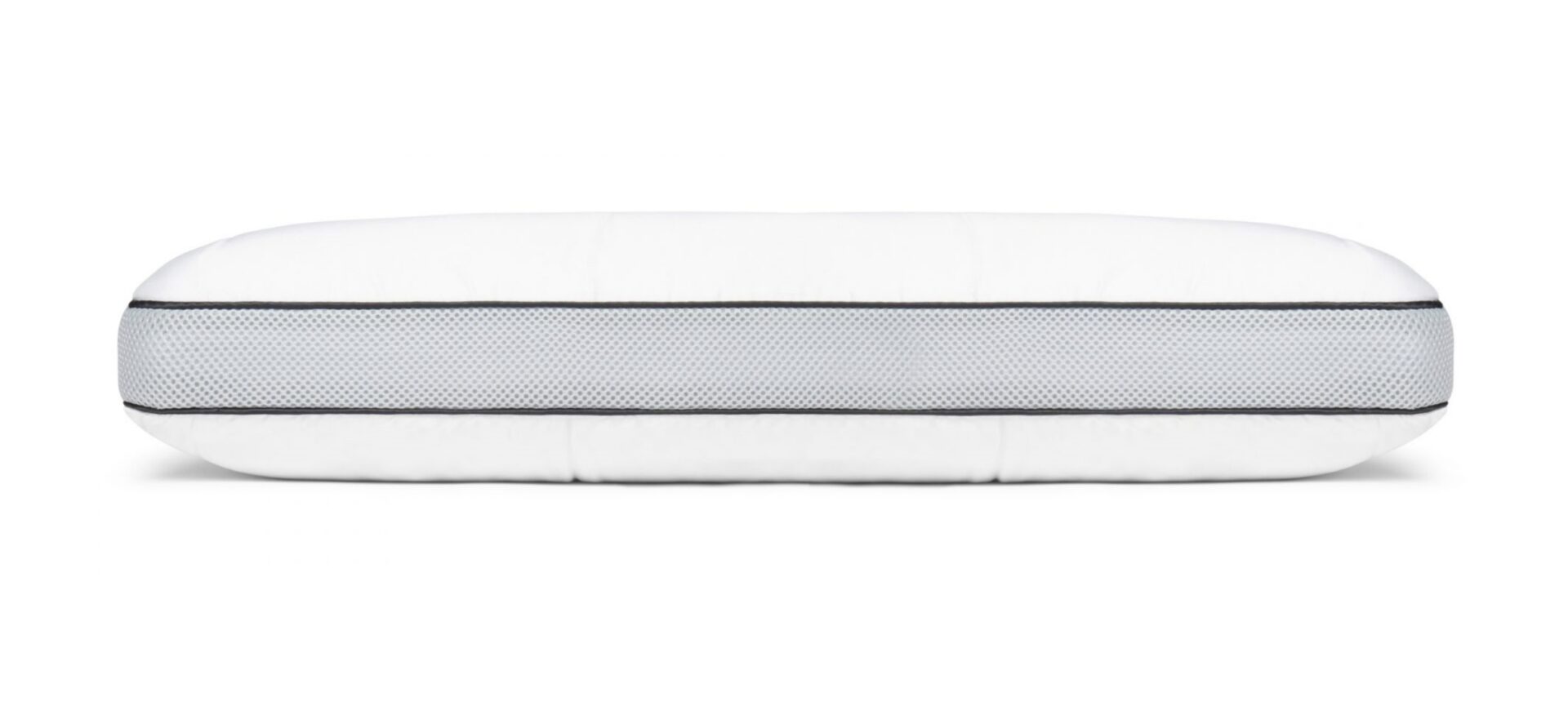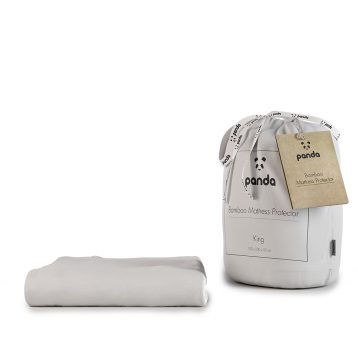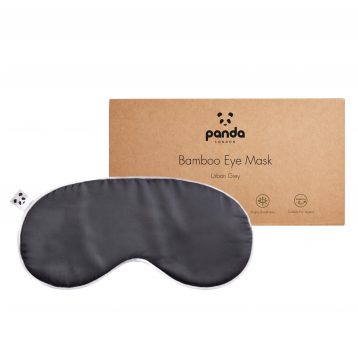How to Sleep Better if you are Suffering From Sleep Apnea
Last updated on August 16th, 2023 at 12:52 pm
Sleep apnea has become increasingly common over the last few years and can really get in the way of a good night’s sleep. Understanding this sleep disorder is the first step towards managing the symptoms. Here we take a look at different types of sleep apnea affecting over 100 million people globally, providing simple tips on how you can improve sleep quality and start feeling like you again. Get comfy and let’s dive right in.
What is Sleep Apnea?
Sleep apnea is a sleep disorder that is essentially when your breathing stops while you sleep. This can be very distressing, disrupting sleep quality and impacting your well-being on various levels. The main types of sleep apnea are the following:
Obstructive sleep apnea
Obstructive sleep apnea (OSA) is the most common. It is characterized by repeated upper airway blockage during sleep, leading to interrupted breathing and symptoms such as loud snoring, daytime sleepiness, and health risks.
Central sleep apnea
Central sleep apnea (CSA) is a sleep disorder where the brain fails to send proper signals to the muscles that control breathing during sleep. It can cause pauses in breathing and disrupt sleep.
Treatment-emergent sleep apnea
This is a less common form and refers to the worsening or development of sleep apnea symptoms despite receiving treatment, such as PAP therapy. It may be caused by various factors and may require adjustments to treatment settings or addressing underlying health conditions.
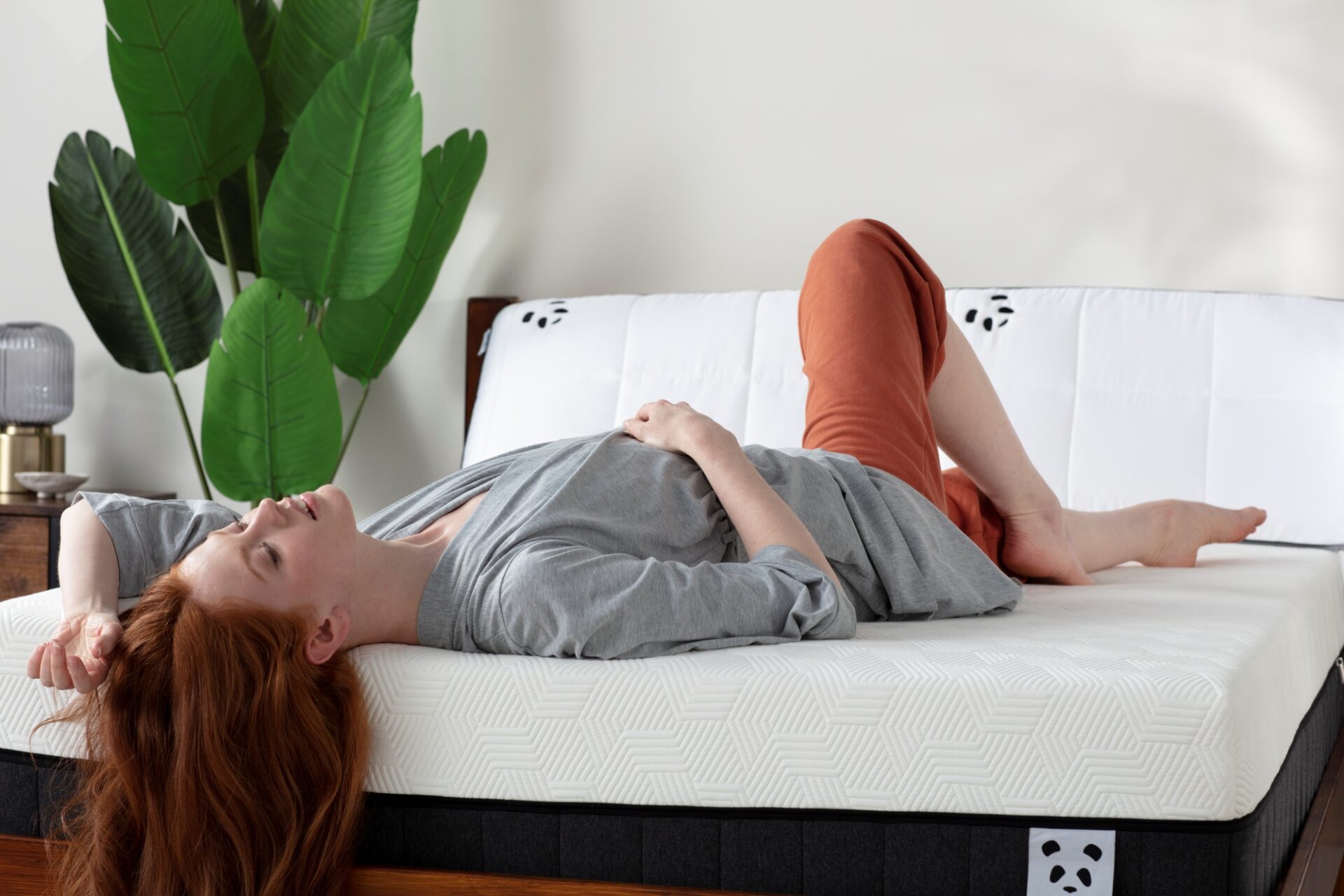
What are the symptoms of sleep apnea?
Whichever type of sleep apnea you experience can cause distress about falling asleep and zap the joy out of bedtime. To get a diagnosis of this disorder, it is best to consult a medical professional though these are some of the common symptoms you may experience:
Snoring
If you have developed snoring or are doing so more than usual, this could be a sign of the condition.
Gasping for air during sleep
Struggling for breath while you sleep is a common symptom which can wake you, disrupting your sleep duration and quality. If you share a bed with a partner, they can help report if you experience breathlessness throughout the night.
Morning headaches
These can be caused by a lack of airflow and a lack of quality sleep.
Daytime sleepiness and irritability
These symptoms can present as a natural side-effect of less sleep, impacting your mood and overall well-being.
What causes sleep apnea?
One question you may be wondering is what exactly causes sleep apnea. There is no single answer though any of the following can trigger the condition:
Overweight
Being overweight can increase the fat deposits around your airways, which can make it difficult to breathe when you fall asleep and in certain positions.
Being male
Just being a male makes you 3 times more likely to develop sleep apnea.
Age and genetics
Being older can make you more susceptible to sleep apnea, as can genetics. It is worth checking your family history to see if anyone else experienced the condition.
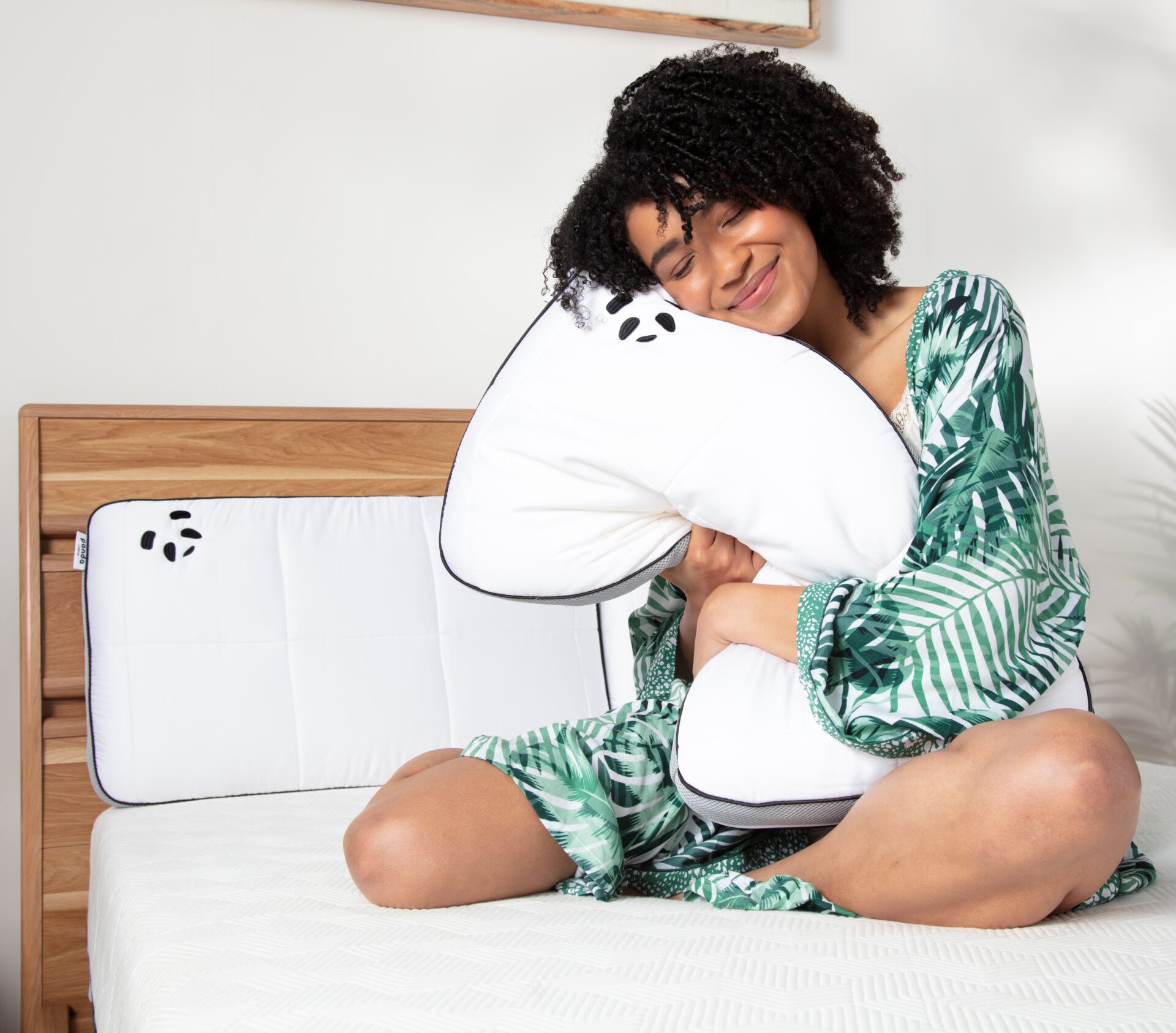
Smoking
Smoking can lead to inflammation in the upper airways which can lead to the development of this sleep disorder as well as other health conditions.
Certain medications
Pain and other medications can sometimes lead to inflammation that can also trigger sleep apnea. It is best to tell a doctor all medications you are taking to rule out this possibility.
How can you manage sleep apnea?
Sleep apnea can be a challenging disorder to deal with, lack of good quality rest can seriously impact your health and well-being, and it is likely you want to do all you can to reduce symptoms and improve your sleep. The good news is the outcome is positive. Here are some of the common ways sleep apnea can be cured or managed:
Lifestyle changes
Simple lifestyle changes can drastically improve and even get rid of sleep apnea. From eating healthier and exercising to lose excess weight to giving up smoking and drinking. These changes can bring benefits far beyond bedtime, allowing you to start feeling better and waking up a lot brighter.
Treatment options
From a CPAP machine which can gently pump air into your nose or mouth as you drift off, to gum shields and, in complex cases, surgery, there are plenty of medical treatments to manage the condition. Your doctor will advise you on the best method of treatment based on your needs.
Hybrid Bamboo Mattress
-
How can you improve your sleep?
One thing that’s definitely going to make you feel better is getting a good night’s sleep. While implementing treatments recommended by your health professional, here are some other simple ways to enjoy better bedtimes and improve the quality of your kip.
Embrace a bedtime routine
Getting your body and brain into a regular snooze cycle can work magic on its quality and duration. Try getting used to relaxing in bed and waking up at the same time every day. An unwinding routine can help you prepare for sleep, helping you drift off more quickly for a deeper, restorative snooze.
Choose the right pillow
Finding the right pillow that supports your sleeping position will not only keep you comfortable but can also help encourage you to sleep longer and wake up without any aches and pains. A hybrid bamboo pillow has the added benefits of optimised airflow and thermoregulation to prevent overheating for fresh sleep all year round.
Slow and steady lifestyle changes
Making small, steady changes to your diet and lifestyle can make a big difference to the quality of your health. From implementing a few workouts into your week, fewer takeaways and reducing alcohol consumption, you could be well on your way to better nights, brighter mornings and happier days.
Managing any sleep disorder takes patience and persistence, though by developing understanding, taking action and small steps, you will soon be falling back in love with bedtime.
Sweet Dreams
Explore our range:
Kids Memory Foam Bamboo Pillow
Rated 5.00 out of 5£31.95 – £34.95Bamboo Mattress Protector
Rated 5.00 out of 5£19.95 – £50.00Bamboo Eye Mask
Rated 5.00 out of 5£17.99 – £19.95Panda Cloud Duvet
Rated 5.00 out of 5£99.95 – £159.95

